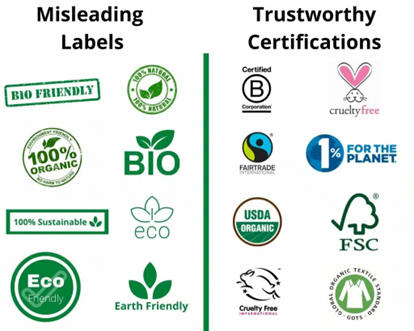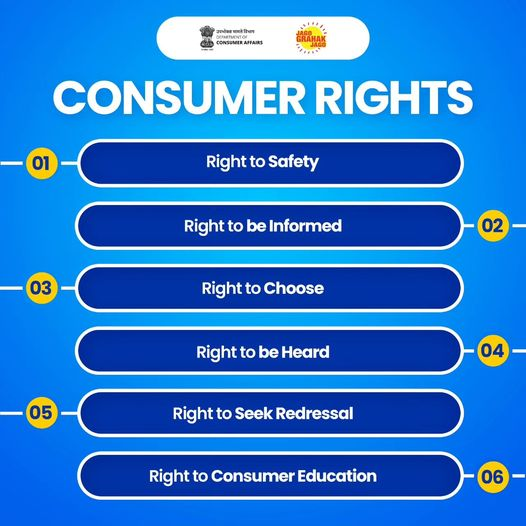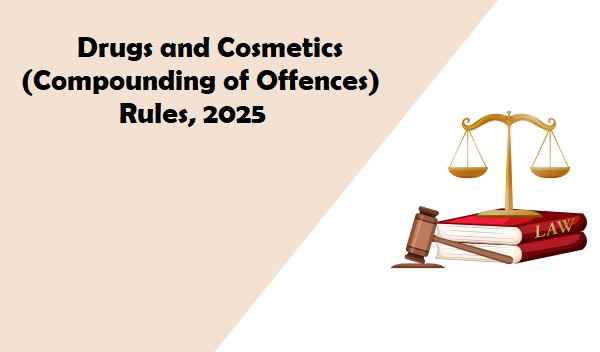- Courses
- GS Full Course 1 Year
- GS Full Course 2 Year
- GS Full Course 3 Year
- GS Full Course Till Selection
- CSAT
- 5 LAYERED ARJUNA Mentorship
- Public Administration Optional
- Online Program
- GS Recorded Course
- NCERT (Recorded 500+ Hours)
- Polity Recorded Course
- Geography Recorded Course
- Economy Recorded Course
- AMAC Recorded Course
- Modern India, Post Independence & World History
- Environment Recoded Course
- Governance Recoded Course
- Science & Tech. Recoded Course
- International Relations and Internal Security Recorded Course
- Disaster Management Module Course
- Ethics Recoded Course
- Essay Recoded Course
- Current Affairs Recoded Course
- ABOUT US
- OUR TOPPERS
- TEST SERIES
- FREE STUDY MATERIAL
- VIDEOS
- CONTACT US
Greenwashing Guidelines: How the Government is Tackling Misleading Environmental Claims
Greenwashing Guidelines: How the Government is Tackling Misleading Environmental Claims
18-10-2024
- To stop companies from making false or misleading claims about their products being eco-friendly, the Union Government introduced new guidelines on 15th Oct, 2024.
- These guidelines require companies to support their claims with scientific proof.
- The Guidelines for Prevention and Regulation of Greenwashing were issued by the Central Consumer Protection Authority (CCPA), which operates under the Consumer Affairs Ministry.
- This move is part of the government's effort to combat misleading advertisements.
What is Greenwashing?
- Greenwashing is the practice of making false or misleading claims about a company's environmental impact.
- The term "greenwashing" is often linked to Jay Westerveld, an environmentalist who wrote an essay in 1986 criticizing hotels that encouraged guests to reuse towels to save the environment.
- The term is a combination of "green" and "whitewashing".
- Examples of greenwashing:

-
- Misleading labels: Using labels like "green" or "eco-friendly" without clear definitions
- Efficiency claims: Claiming to be more energy efficient without reducing overall energy production
- A notable example of greenwashing is the 2015 Volkswagen scandal, where the German car company was found to have cheated on emissions testing for its supposed eco-friendly diesel vehicles.
- Several other major corporations, including Shell, BP, and Coca-Cola, have also faced accusations of greenwashing.
- Greenwashing can be harmful to the environment and misleading to consumers.
Can Countries also be accused of greenwashing?
- Yes, Countries can also be accused of greenwashing.
- For instance, they might mislead how much carbon dioxide their forests can absorb or misrepresent the impact of new regulations on carbon emissions.
- Carbon trading, while a legitimate practice, often comes under scrutiny because the methods used to generate trade credits may not be scientifically sound.
- However, more often, they lie or mislead, which are more serious cases of greenwashing.
- This problem has become so widespread that United Nations Secretary-General António Guterres called for a zero-tolerance policy on greenwashing a few years ago.
- The UN also set up a group of experts to suggest ways to reduce greenwashing by non-state entities, such as companies and cities that claim to have net-zero emissions.
What Are the Advertising Guidelines for Preventing Greenwashing?
- The CCPA's role is to protect consumer interests, so its guidelines focus on stopping greenwashing in product or service advertisements.
- They define greenwashing as “any deceptive or misleading practice” that hides, omits, or exaggerates important information or makes vague claims about a product's environmental benefits.
- Using misleading words, symbols, or images to highlight positive environmental aspects while downplaying or hiding negative ones would also be considered greenwashing according to the guidelines.
- However, the guidelines allow the use of “obvious exaggerations” or “puffery,” which are common in advertising, as long as they don’t mislead.
- For example, if a company states that its growth is based on “sustainable principles,” it would not be seen as a misleading environmental claim.
- But if the company claims that all its products are made sustainably, that claim would be examined for greenwashing.
- Generic terms like “clean,” “green,” “eco-friendly,” “good for the planet,” “cruelty-free,” “carbon neutral,” “natural,” “organic,” and “sustainable” can only be used if the company can provide evidence to back these claims.
- The company must also use “adequate and accurate” qualifiers and disclosures when advertising such descriptions.
- When companies use more technical terms like “environmental impact assessment,” “greenhouse gas emissions,” or “ecological footprint,” they must explain these terms and their implications in simple language that consumers can easily understand.
- Specific claims such as “compostable,” “degradable,” “non-toxic,” “100 percent natural,” “recyclable,” “refillable,” “renewable,” “plastics-free,” “plastic-positive,” “climate-positive,” and “net-zero” must be supported by credible certification, reliable scientific evidence, or certificates from independent third-party verification.
- The guidelines apply to all environmental claims made by manufacturers, service providers, or traders in their advertisements, as well as to advertising agencies or endorsers involved in promoting those goods or services.
- The rules state, “No person to whom these guidelines apply shall engage in greenwashing and misleading environmental claims.”
When did the Government start drafting these rules?
- The government began drafting these guidelines in November 2023 by forming a committee.
- The committee held 3 meetings and submitted a draft earlier in 2024.
- After releasing the draft for public comments, the government finalized the guidelines.
About The Central Consumer Protection Authority (Ccpa):
- The CCPA has been established under the Consumer Protection Act, 2019.
- It has come into force w.e.f 24th July 2020 to regulate matters relating to violation of rights of consumers, unfair trade practices and false or misleading advertisements which are prejudicial to the interests of consumers as class and public at large.

POWERS OF CENTRAL CONSUMER PROTECTION AUTHORITY (CCPA):
- To protect, promote and enforce the rights of consumers as a class, and prevent violation of consumers rights under this Act;
- To prevent unfair trade practices and ensure that no person engages himself in unfair trade practices;
- To ensure that no false or misleading advertisement is made of any goods or services which contravenes the provisions of this Act or the rules or regulations made thereunder;
- To ensure that no person takes part in the publication of any advertisement which is false or misleading.
UPSC Prelims 2022 Question:
Q. Which one of the following best describes the term “greenwashing”?
- Conveying a false impression that a company’s products are eco-friendly and environmentally sound
- Non-inclusion of ecological/environmental costs in the Annual Financial Statements of a country
- Ignoring the disastrous ecological consequences while undertaking infrastructure development
- Making mandatory provisions for environmental costs in a government project/programme
Correct Answer: Option 1)
Must Check: Best IAS Coaching In Delhi
UPSC Prelims Result 2024 Out: Expected Cut Off & Other Details, UPSC Prelims 2024 Answer with Explanation, Daily Prelims Quiz, Daily Current Affairs, MONTHLY CURRENT AFFAIRS TOTAL (CAT) MAGAZINE, Best IAS Coaching Institute in Karol Bagh, Best IAS Coaching Institute in Delhi, Daily Mains Question Answer Practice, ENSURE IAS UPSC Toppers, UPSC Toppers Marksheet, Previous Year Interview Questions, UPSC Syllabus




